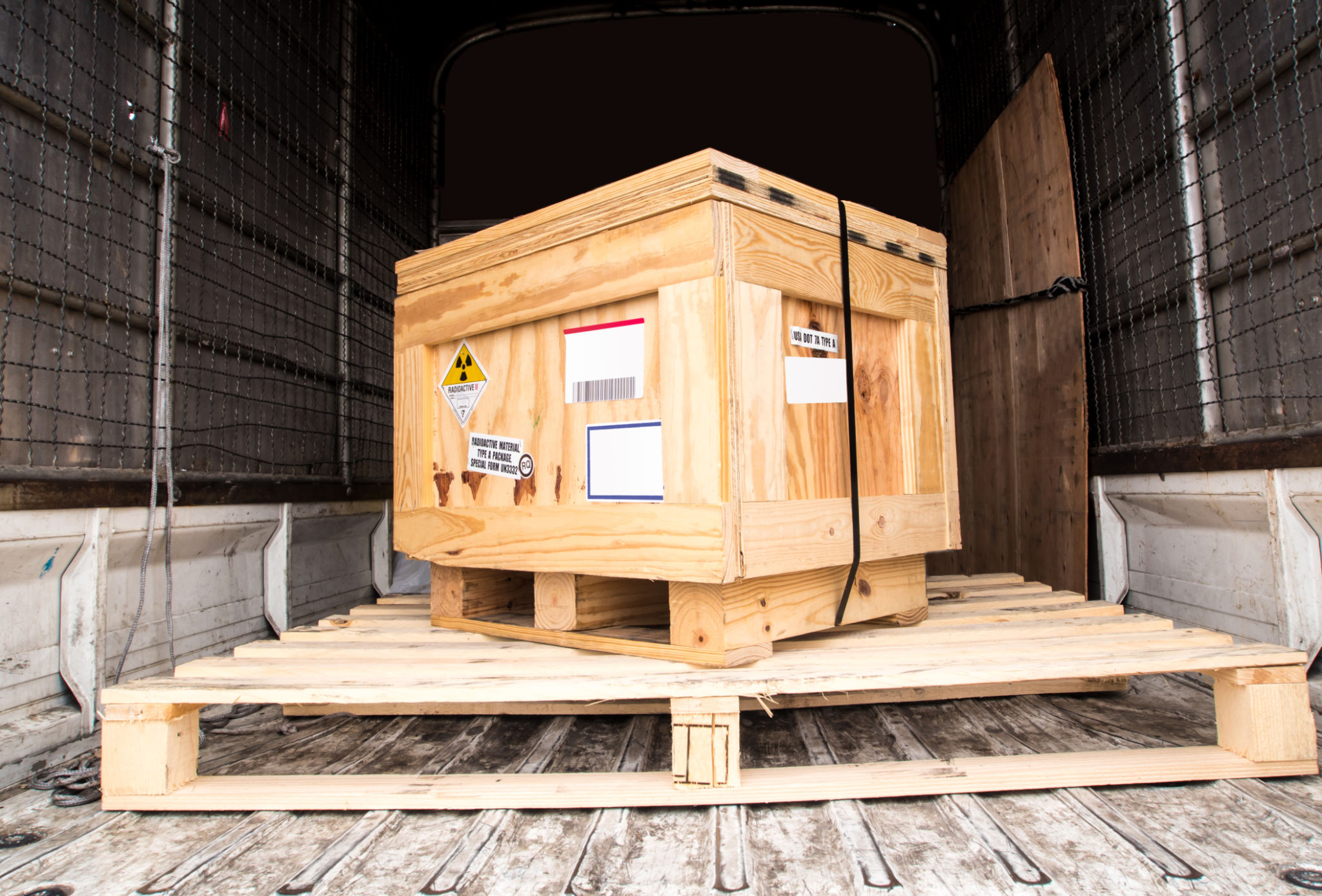Comprehensive Guide to Starting Your Career in Truck Driving
Understanding the Truck Driving Profession
Starting a career in truck driving can be a rewarding and stable career choice, offering opportunities for travel and financial security. As industries continue to rely heavily on logistics, the demand for skilled truck drivers remains robust. However, embarking on this career path requires more than just a passion for driving; it demands dedication, proper training, and an understanding of the industry.

Meeting the Basic Requirements
Before you can hit the open road, there are certain prerequisites you must meet. First and foremost, you need a valid driver's license. In most cases, this means obtaining a Commercial Driver's License (CDL), which is essential for operating large vehicles legally. The process of acquiring a CDL involves passing both written and practical exams that assess your driving skills and knowledge of road safety regulations.
Additionally, you must be at least 18 years old to drive within your state and 21 years old to engage in interstate trucking. A clean driving record is also crucial, as it reflects your ability to operate a vehicle safely and responsibly.
Selecting the Right Truck Driving School
Choosing a reputable truck driving school is a critical step in your journey. These schools provide the necessary training and resources to help you acquire your CDL. Look for schools that offer comprehensive programs covering both theoretical knowledge and hands-on driving experience. Ensure that the school is accredited and has a high success rate in terms of student graduation and job placement.

Consider the school's location, cost, and schedule flexibility. Some schools offer financial aid or payment plans, making it easier for you to manage the expenses associated with your training.
Understanding Different Types of Trucking Jobs
Once you have your CDL, it's essential to understand the various types of trucking jobs available. These can range from local delivery routes to long-haul interstate assignments. Each type of job comes with its own set of responsibilities, schedules, and lifestyle implications. For instance, long-haul trucking often involves extended periods away from home but offers higher pay, while local routes might provide more regular hours but less income.
Some common types of trucking jobs include:
- Dry Van Drivers: Transport goods in standard trailers.
- Flatbed Drivers: Haul oversized loads that require special securing methods.
- Tanker Drivers: Handle liquid loads like fuel or chemicals.

Navigating the Job Market
With your training completed and CDL in hand, it's time to enter the job market. Start by researching companies that align with your career goals and values. Consider factors such as company size, pay structure, benefit packages, and work-life balance when evaluating potential employers.
Networking with other truck drivers and attending industry events can also provide valuable insights and job leads. Many companies offer referral bonuses or recruitment incentives, making networking a beneficial tool in your job search arsenal.
Embracing a Lifestyle on the Road
A career in truck driving entails adapting to a unique lifestyle that includes spending significant time away from home. It's important to prepare both mentally and physically for this change. Develop good habits such as maintaining a healthy diet, exercising regularly, and ensuring you get adequate rest to handle the demands of life on the road.

Staying connected with family and friends through technology can help ease the transition. Moreover, creating a comfortable living space in your truck can make long trips more enjoyable.
The Road Ahead
Starting a career in truck driving is an exciting journey filled with opportunities for growth and advancement. With dedication, proper training, and a willingness to embrace the lifestyle changes it entails, you can build a successful career in this vital industry. As you gain experience, consider pursuing additional endorsements or certifications that can open doors to specialized roles or higher-paying positions within the trucking sector.
Remember, every successful truck driver started where you are now—taking those first steps toward a promising future on the open road.